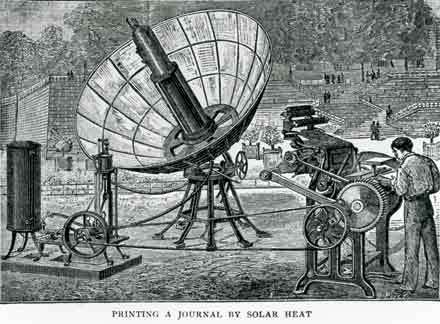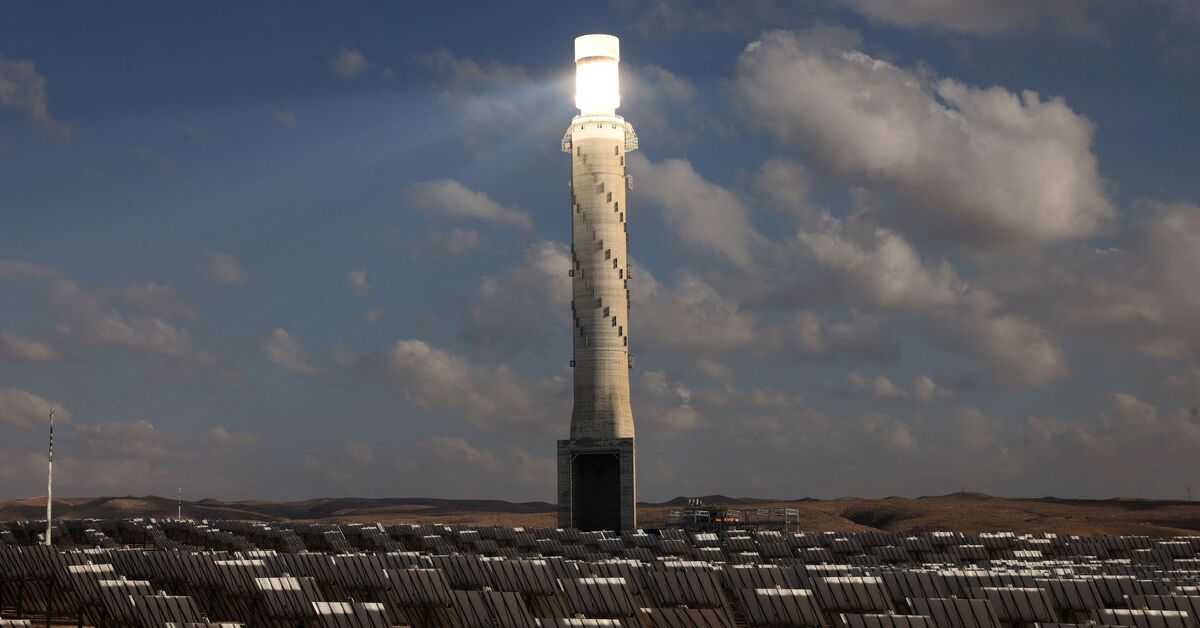
Maryland is a great place to start if you are unsure if solar panels might be right for you. The state's Renewable Portfolio Standard and Solar Renewable Energy Credit program encourage the use of solar energy. Maryland wants to be able to produce 20% of its electricity from renewable sources by 2020. Maryland has a renewable energy target of 2% solar power.
Maryland solar panel prices
Maryland's solar panels can be expensive. The size of the roof and other factors can influence the price. You may receive up to four quotes from different solar companies in your region. The total savings will depend on your electric bill, but you can expect to save over $1700 per year with solar energy.
Maryland homeowners will need to pay between $12,500-17,000 for a 5-kW solar panel system. Solar panel prices can vary greatly from one installer. It's a good idea to get multiple quotes for your solar installation in Maryland to find the most affordable system. After all, solar panels only make up about a third of the overall cost. Other costs associated with a solar system include overhead and labor costs.

Tax credits
Maryland residents may be eligible to receive tax credits in order to purchase solar panel. Maryland homeowners may be eligible for a $2,500 property credit to install solar energy systems. These credits are valid for the year solar was installed. In addition, homeowners in Maryland can carry these credits forward for two more years. Maryland also offers a state-wide net metering program which allows homeowners in the state to sell excess solar power back to the grid. These credits may be used to reduce your future utility bills.
Tax credits for solar panels in Maryland are available through the Residential Clean Energy Rebate Program. To be eligible, homeowners must install a solar energy system on their primary residence. In addition, they must use a NABCEP-certified installer to install the system. Maryland residents may also be eligible for a $500 rebate for installing solar water heating systems.
Net metering
If you reside in Maryland and have installed solar panels, you may be eligible for net metering credits through your electricity provider. Maryland's net-metering policy will allow your utility to give you credit for any surplus energy that you export to it. Surplus credits are transferable month-to-month at the retail rate. In April, they are reconciled at the utilities’ supply rate. The size of your solar array will affect the amount of electricity credits that you can receive.
Other than net metering the state has other incentives and programs for solar energy. Maryland residents can get rebates on solar energy and federal tax credits. Maryland also has a renewable portfolio standard. These incentives will help you to save money on electric bills.

Energy storage system options
Maryland residents might consider energy storage as an option for your solar panels. This type can give you resilience to power outages and extreme weather. It also protects your investment by protecting your home in the case of a natural disaster. Maryland is actually the first state to approve legislation that encourages distributed energy storage. Among other things, Maryland's newly-enacted climate solutions law increases the target for economy-wide emissions reductions from 40% to 61% by 2022.
Aside from utility-scale storage, commercial and residential facilities can also have smaller battery storage. A residential battery system can store 500 kilowatt hours of energy. This is a significant amount of backup power. The battery system could power up to three days of electricity, especially considering the Maryland average home uses 975kilowatt-hours every month.